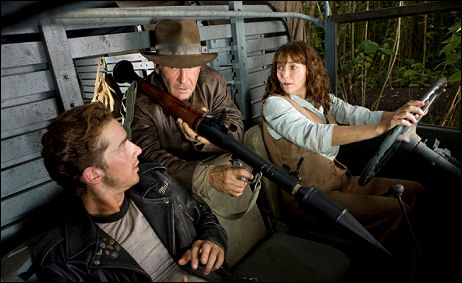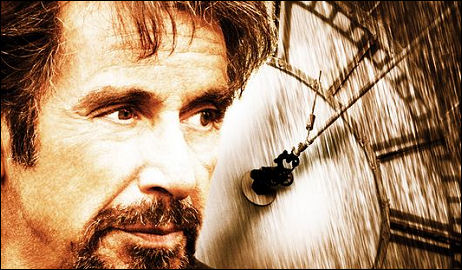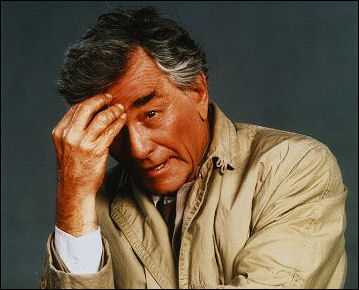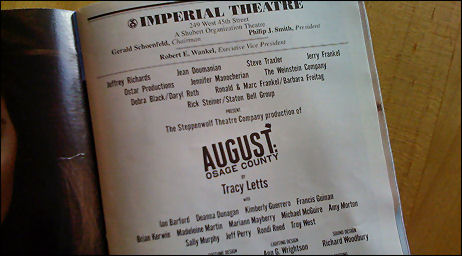Some of the finest title sequences of all time are viewable on Art of the Title. DVD-quality clips of the entire damn things and way better than YouTube except there are loading problems. The first two played for me — I watched the sequences for Bonnie and Clyde and Se7en — and then they stopped. You click on them and the wheels just whirl around and around and you’re just sitting there while life outside goes on all around you.

Some great opening title sequences that aren’t listed on the site: North by Northwest, Moby Dick, Raging Bull, Teh French Connection, The Hustler, Volver, the 1953 War of the Worlds, Zodiac, The Man With the Golden Arm, White Heat, L.A. Confidential, Dr. No, The Wizard of Oz…there are hundreds and hundreds that are very sharp and pizazzy and well presented. I could go on all day. They don’t have to be stylistically avant garde to be “good.” They have to arrest your attention, get you into the right mood, jack up the energy, etc.
The memory plays tricks but I’m pretty sure that the worst title sequence of all time was used for Neil Simon‘s The Cheap Detective (’78), a ’40s detective genre spoof directed by Robert Moore and starring Peter Falk. There are no opening visual titles whatsoever, as I recall. Falk says them to the camera. He literally says his own name and that of his costars, the screenwriter, the production designer, the editor, the composer, the director and so on. Am I mis-remembering? Am I describing some other film? I’m pretty sure it was this one. I remember sitting there and saying to myself, “My God, this is awful.”









